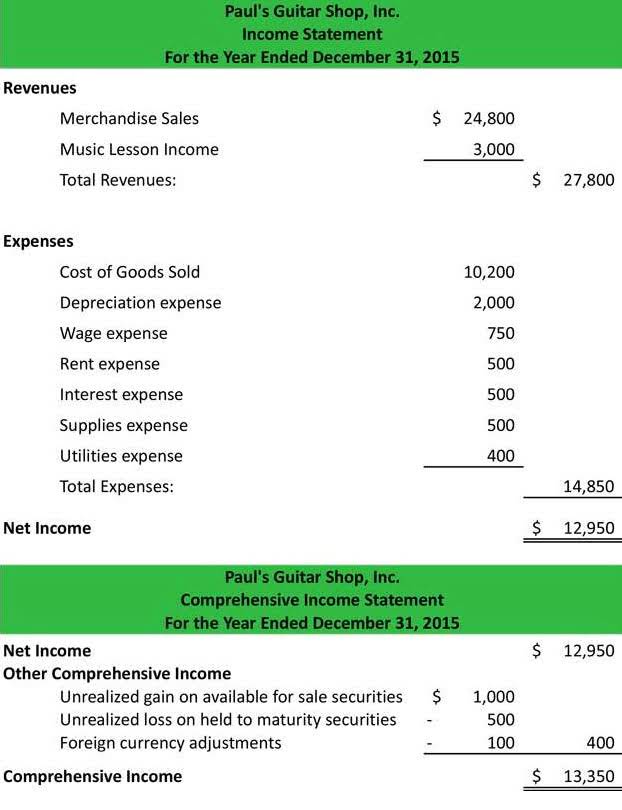
As you sort through the options to choose the right accounting software for your unique nonprofit organization, consider your budget, financial needs, organizational size and personal preference. In contrast to regular financial accounting, fund accounting tracks your money based on which “fund” the money is intended for. You can use this data to generate fund-specific reports, demonstrating to both your stakeholders and the government that you’ve used donated funds for their intended purpose only.
It’s necessary to keep track of your cash payments if you want to have accurate bookkeeping. When you don’t account for your transactions properly, it can put you and your whole business at risk. The same can happen if you don’t categorize accounting and bookkeeping for small business your transactions right. If you use cash accounting, you record your transaction when cash changes hands. The financial transactions are all recorded, but they have to be summarized at the end of specific time periods.
Bookkeeping vs. Accounting
The value of inventory can significantly impact a company’s financial statements, so accurate tracking and management is vital. At the same time, businesses need to make sure they pay their own bills on time to avoid late fees and maintain a solid reputation. These expenses https://www.bookstime.com/ that haven’t been paid yet are categorized as accounts payable. Accounting software makes it possible to do much of this on your own, though you may decide to outsource some basic bookkeeping tasks to an online bookkeeping service as your small business grows.

You’ll need to know the difference, because accounting is not something you can really tackle all by yourself (though you’ll still need high involvement in it). There’s no getting away from it – if you run a small business, you’ve got to run its bookkeeping too. Sometimes, this can seem like an overwhelming and lengthy job, especially if you’re not 100 per cent sure what you’re doing. When you’re learning how to keep books for small business, income is your top priority (naturally).
Managing Finances in Your Bookkeeping Business
This involves collecting and storing financial information such as receipts, invoices and bank statements. You need to do some bookkeeping practices by law, and accuracy is essential for paying the right amount of tax to HMRC each year. Most businesses use the double-entry bookkeeping system in which every entry to an account requires a corresponding and opposite entry to a different account. When you begin using double-entry bookkeeping, you have a greater ability to create financial reports, one of the most valuable decision-making tools.

